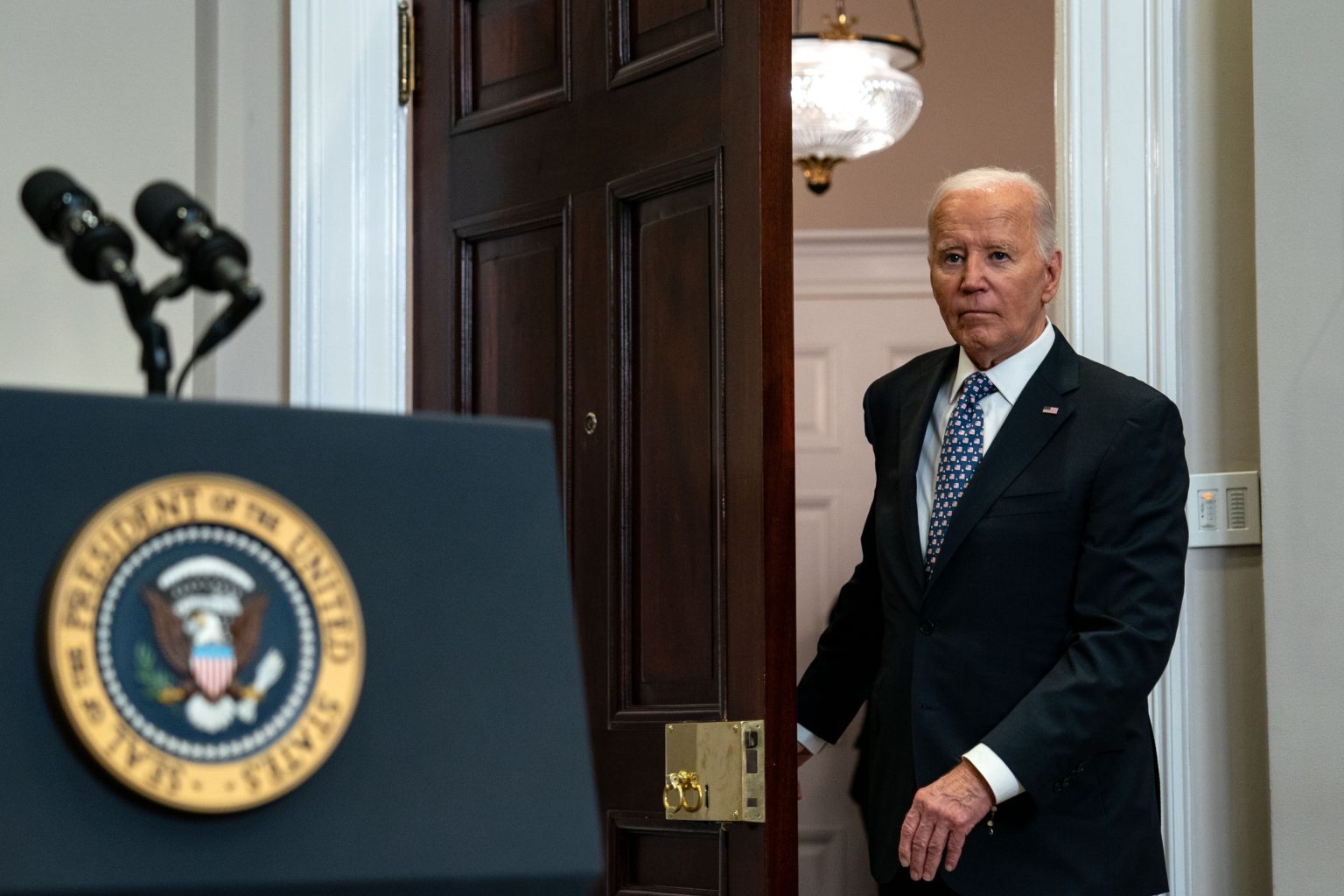Despite President Joe Biden initially denying plans to send more U.S. troops to the Middle East, the Pentagon confirmed that additional military personnel would be deployed in response to escalating tensions between Israel and Hezbollah in Lebanon. The deployment comes following significant Israeli airstrikes in Lebanon, resulting in numerous casualties, including the killing of Hezbollah leader Hassan Nasrallah. Israel is reportedly preparing for further military operations, prompting Israeli Prime Minister Benjamin Netanyahu to issue a warning to Lebanese civilians to evacuate ahead of expected escalations. In response to the growing conflict, the U.S. is actively working to manage the situation and restore calm along the Israel-Lebanon border.
Pentagon spokesperson Brigadier General Pat Ryder announced the deployment of additional troops to the Middle East, although specific details regarding the number of personnel and their mission were not provided for security reasons. Currently, the U.S. has approximately 40,000 troops stationed in the region. The Biden administration has emphasized a focus on de-escalation and preventing a broader regional war despite the increased military presence. President Biden has been briefed on recent Israeli strikes in Lebanon and reiterated ongoing diplomatic efforts to de-escalate the situation, allowing people to return home safely.
In light of the escalating tensions and the potential for a wider regional conflict, Defense Secretary Lloyd Austin has been actively advocating for a diplomatic solution. He has held discussions with Israeli Defense Minister Yoav Gallant, pushing for a ceasefire and a reduction in tensions. The State Department has urged American citizens to leave Lebanon due to the unpredictable nature of the conflict between Hezbollah and Israel. The U.S. Embassy emphasized the increasing risk of a broader conflict, citing recent explosions across Lebanon, including in Beirut, as reasons for U.S. citizens to depart while commercial flights are still available.
As the situation in the Middle East continues to intensify, the U.S. has concrete plans to present to allies and partners during the upcoming U.N. General Assembly to facilitate de-escalation and restore calm along the Israel-Lebanon border. The U.S. has already increased its military presence in the region over the past year in response to ongoing conflicts, including in Gaza. Despite the deployment of additional troops, the Biden administration remains committed to pursuing diplomatic efforts to defuse the situation and prevent further escalation. The U.S. government, under President Biden’s leadership, continues to engage with counterparts to work towards de-escalation and a peaceful resolution to the conflict in the Middle East.


